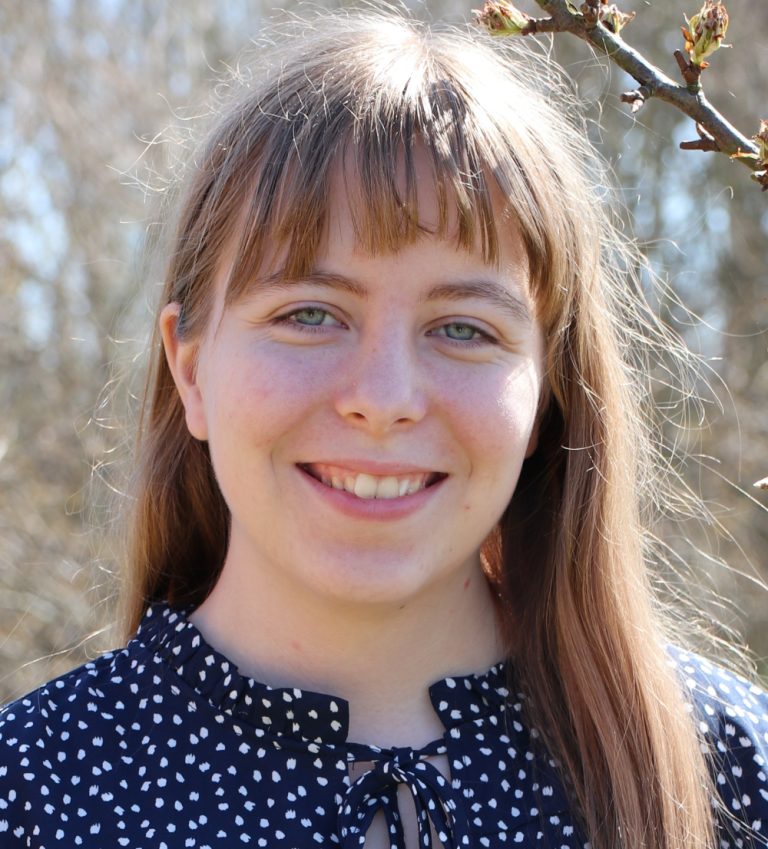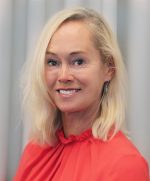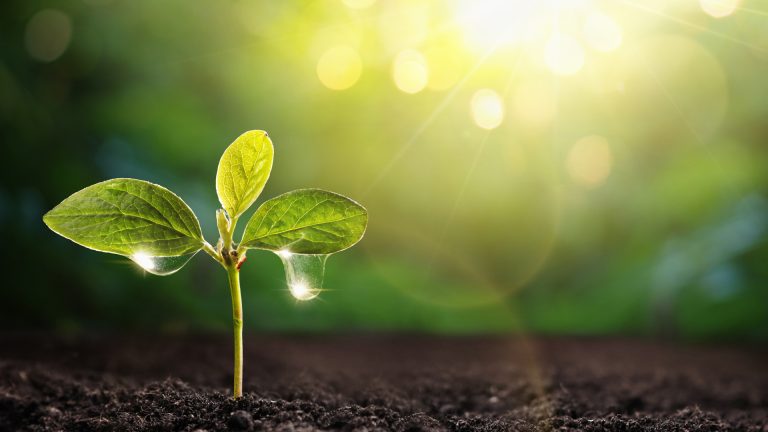heading

My name is Nanna Kalmar, I’m 19 years old, and I live in a small town called Ryomgaard, in Denmark.
I am very passionate about science and mediation of knowledge, particularly physics, IT and microbiology.
Other than science, I like to read, write short stories, cook, sing, and I also do a bit of tabletop role-playing games.
Tell us what the water concern in your country is!A big water concern in Denmark is the contamination of drinkable groundwater, due to the use of agricultural pesticides.
This is what I think is one of the solutions for a sustainable future:We must all get better at using our ressources more wisely, whether this is by recycling, eating more plant-based foods, or buying materialistic goods less frequently. Furthermore, we also need sustainable technology to help us into a sustainable future, e.g. vertical farming, carbon-capture, etc.

Let There Be (Optimal) Light
The agricultural sector uses 70% of water withdrawals worldwide and uses nutrients that are leached from the soils into lakes and reservoirs. Vertical farming has great potential to remedy some of these issues. Vertical farming, where crops are grown vertically indoors, uses more than 600% energy per kg of crops produced compared to traditional greenhouses. By reducing the amount of light exposed to the lettuce plant rocket, a reduction of this energy consumption can be achieved. By exposing rocket to 7 hours of light per day an energy saving of approximately 10% per kg of crops is achieved (compared to the average vertical farm). This saving makes vertical farming a more desirable supplement for traditional agriculture, thus reducing water use.

